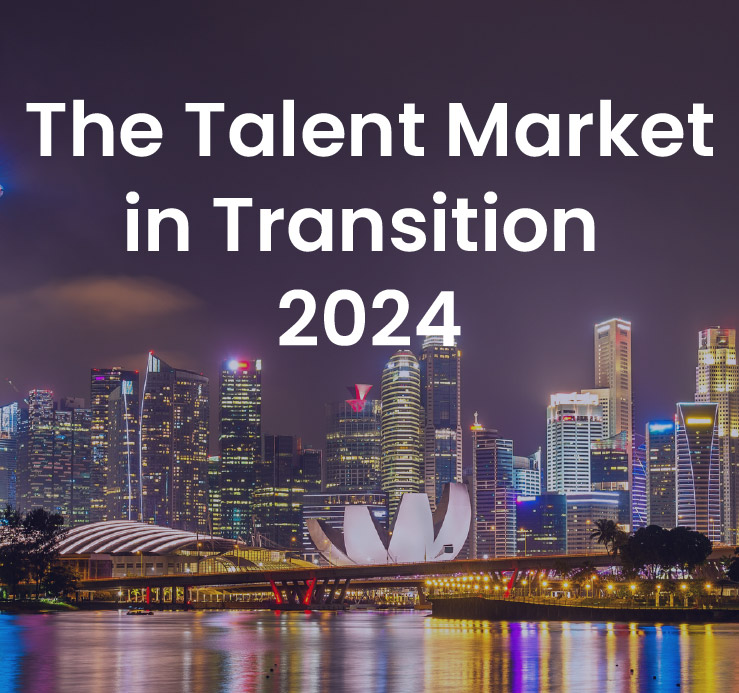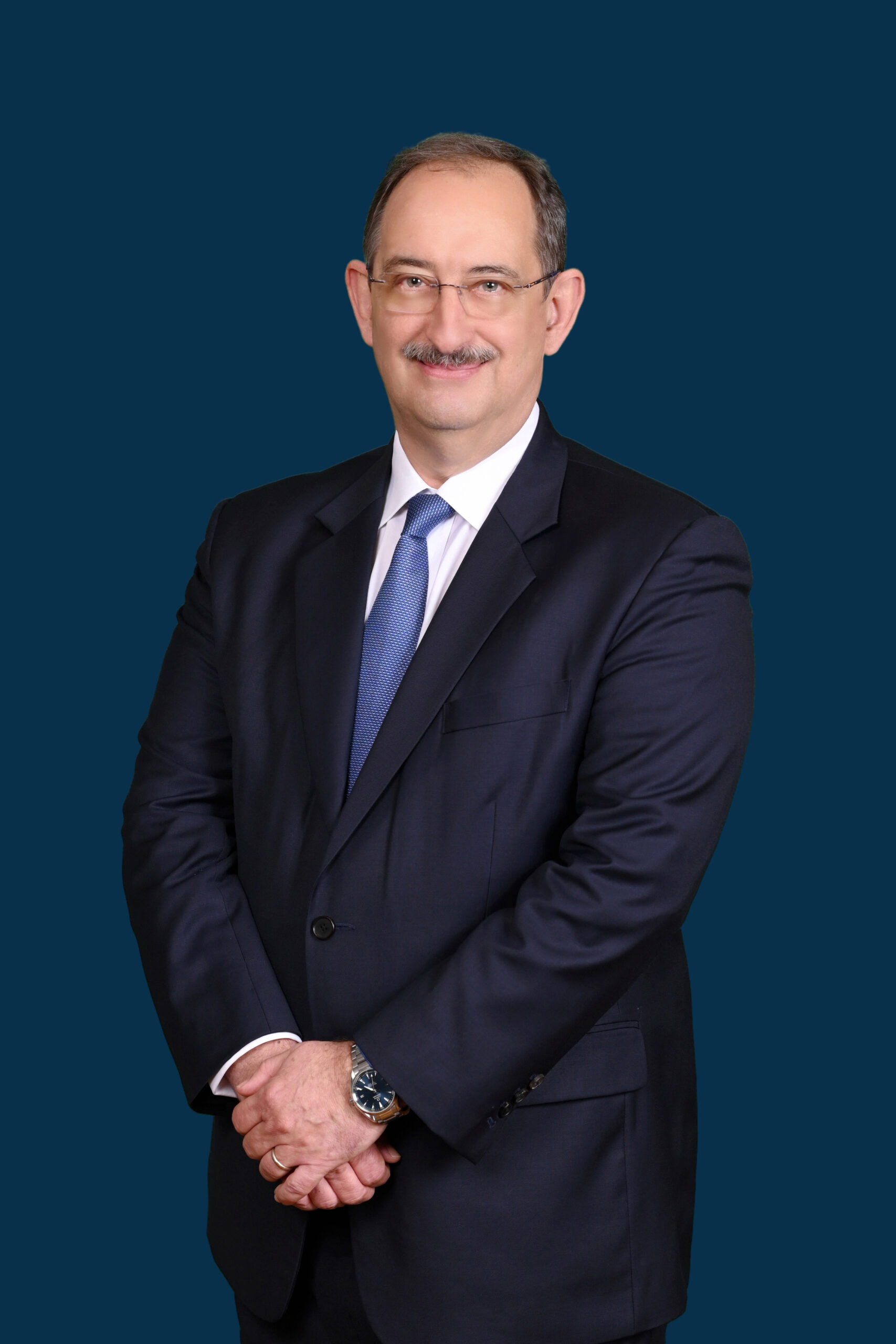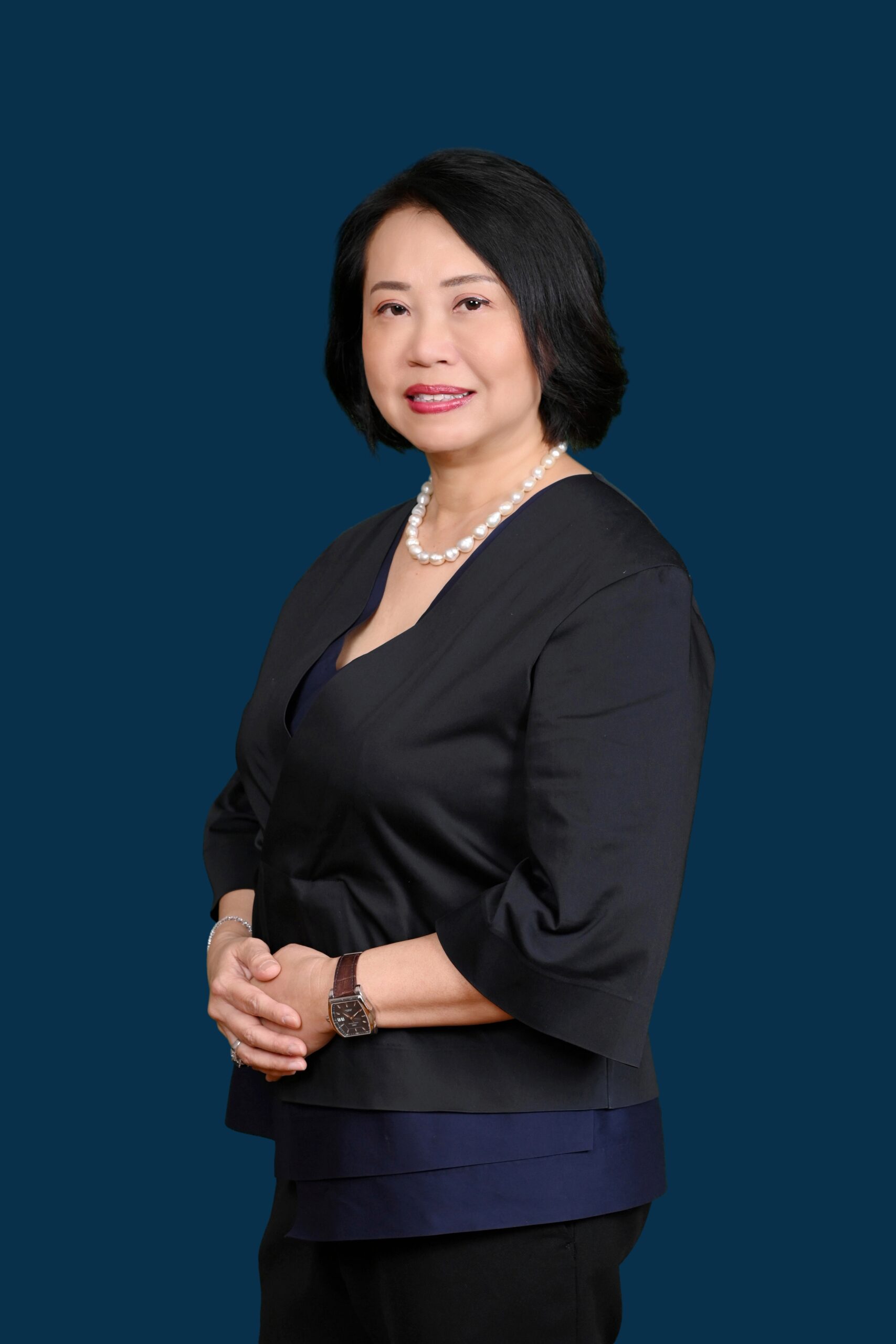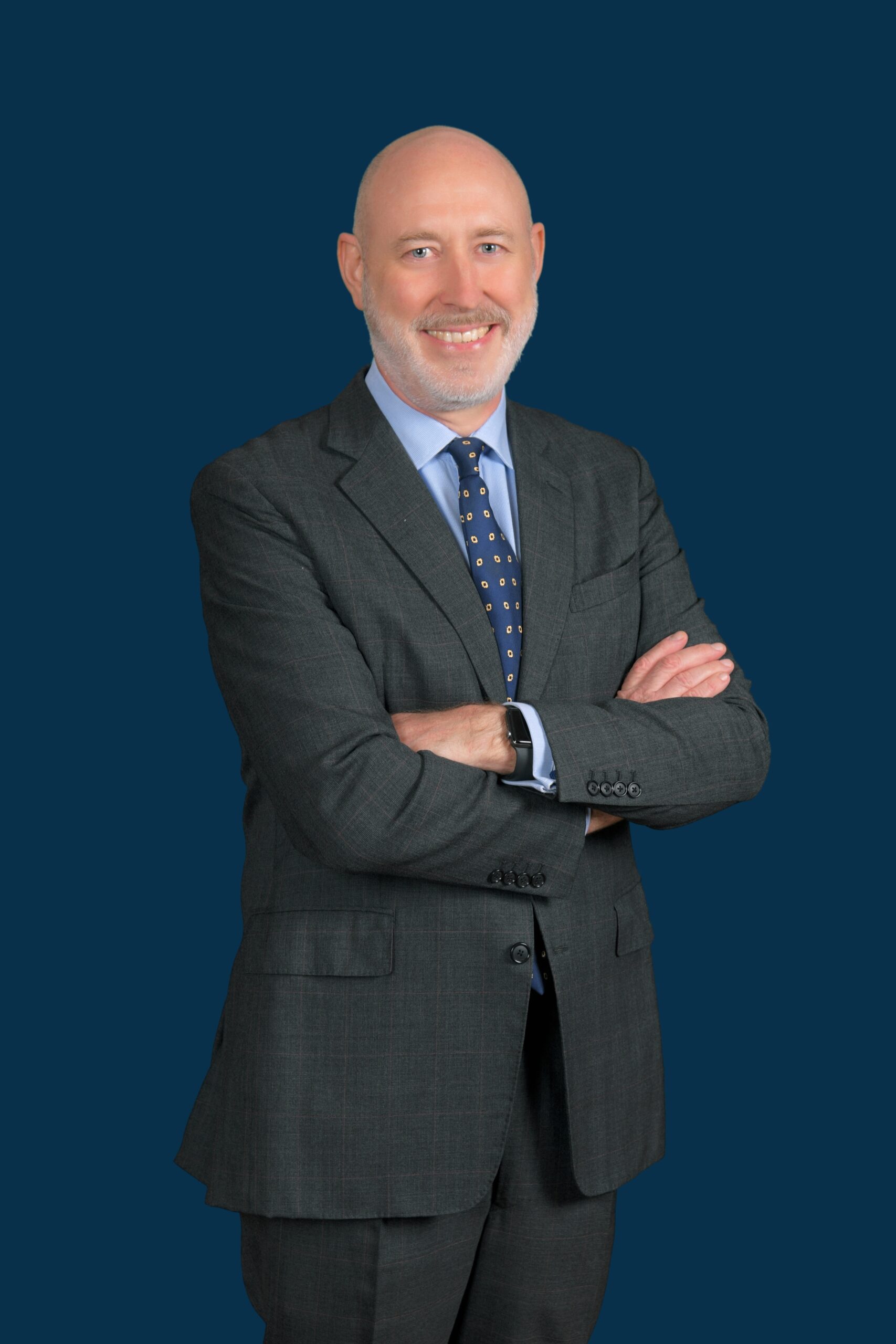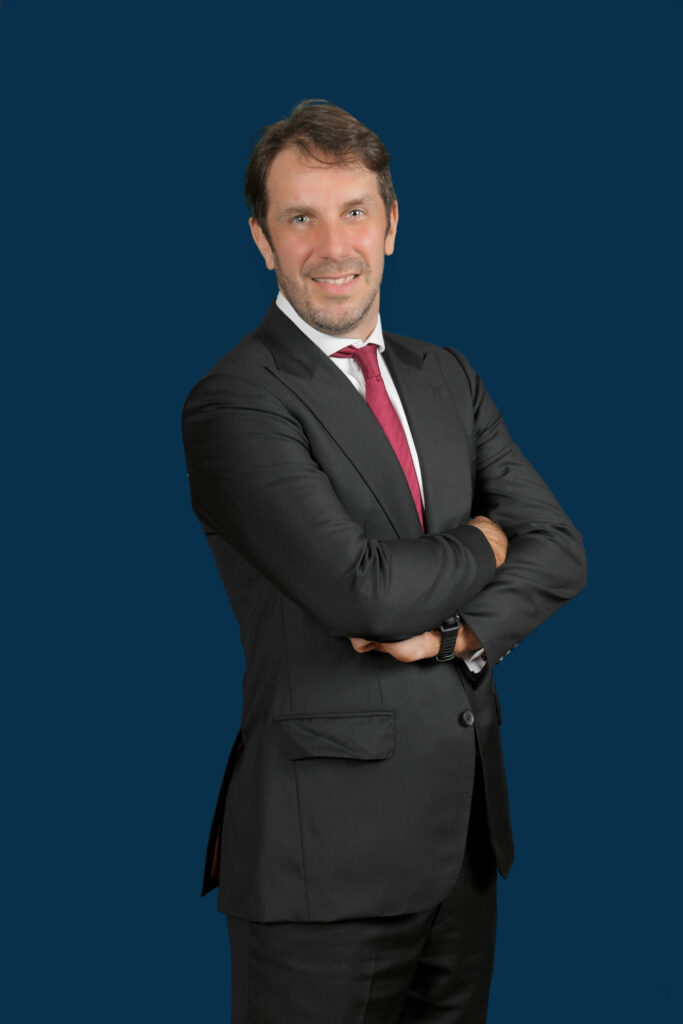Singapore Maritime Foundation and Faststream Recruitment Group Publish The Talent Market in Transition Report 2024 on Top Workplace Trends and Dynamics of Maritime Singapore’s Workforce
October 2, 2024
The report presents key findings from the Singapore Maritime Employer and Employee Surveys 2024 on topics across retention, attraction, culture, well-being, AI, training and development, reward, and leadership
Singapore, 2 October 2024 — The Singapore Maritime Foundation (SMF) and Faststream Recruitment Group jointly announced the release of The Talent Market in Transition Report 2024 today at the inaugural SMF Maritime HR Leaders’ Dialogue—a forum for HR practitioners in leadership positions to discuss issues of shared interest and pool best practices. Now in its second edition, the report offers key insights gleaned from the Singapore Maritime Employer and Employee Surveys 2024 which examined significant trends across retention, attraction, culture, well-being, AI, training and development, reward, and leadership. Conducted between July and August 2024, the surveys gathered responses from 500 employees and over 100 employers across the spectrum of Singapore’s maritime ecosystem.
In addition to providing a pulse on the workforce dynamics, The Talent Market in Transition Report 2024 also lists practical talent management recommendations to help businesses remain competitive and adaptive. The report can be downloaded from the SMF website.
Highlights of The Talent Market in Transition Report 2024 include:
Talent Retention Continues to be a High Priority
Talent retention has become increasingly important, with fewer employers planning to hire in the coming year—59% compared to 76% last year. Recruitment challenges persist with 85% of employers finding difficulty in hiring the right talent, primarily due to skill shortages and compensation as well as external factors.
Two-thirds of current employees are already job-seeking, signalling an urgent need for employers to address key motivators such as competitive pay and career growth. Misalignment between what keeps employees loyal and employers’ perceptions, along with concerns about job security, further emphasises the need for improved support and communication to boost retention.
More Multigenerational Talent Attraction Strategies Required
While 64% of employers remain open to hiring from outside the maritime sector, 94% of employers still prefer recruiting from within maritime, highlighting a strong reliance on sector-specific expertise.
Concerns about maritime’s attractiveness persist, with 56% of employees and 41% of employers doubting its competitive pay. Employers are now considering new attraction strategies to appeal to a generationally diverse workforce. Implementing strategies such as catering to a ‘click for everything’ movement, adding candidate personas and transparent job ads could also boost attraction efforts, aligning with candidates’ expectations and enhancing the sector’s appeal.
Strong Company Culture Fosters Strong Purpose
Company culture remains a critical factor for employees, with 83% valuing their business’s purpose. However, one in five employers feel they are not promoting this purpose effectively, both internally and externally.
Employees are increasingly seeking meaningful work that aligns with their values, with 56% wanting their roles to positively impact both society and the environment. Employers are recognising this trend, with 98% prioritising value alignment in their hiring processes.
Work-Life and Flexibility are Key to Employee Well-Being
This year, employee happiness at work has notably increased, with 59% of workers reporting high levels of contentment, up from 47% last year. However, despite this improvement, there remains a gap between employer and employee perceptions of work-life balance, with only 57% of employees feeling adequately supported compared to 80% of employers who believe they meet this need.
Flexibility continues to be a key factor in employee well-being, with many workers desiring fully flexible workplace options and control over their work hours. Employers face a challenge in balancing the need for physical office presence with maintaining a supportive culture that enhances well-being.
Building AI Capabilities for a Digitalised Future
The advent of AI in maritime companies is well underway, with 26% of employees already using AI at work, which aligns with the wider industry shift towards digitalisation. However, while over 80% of both employers and employees view AI positively, there are concerns about job displacement, with 29% of employees anxious about potential impacts on their roles.
Despite these concerns, the integration of AI is expected to lead to both job creation and improvement in existing roles, even as it may replace some positions. The majority of employees and employers anticipate that AI will enhance job functions and create new opportunities. However, with only 6% of employees rating themselves as proficient or expert in AI, there is a clear need for targeted skill development and training.
Insufficient Training and Leadership Opportunities
This year, 94% of employees expect their employers to invest in training, up slightly from 93% the previous year. Sixty-five percent of employers reported that they provide training to all employees, and an additional 33% said they offer it to some. However, 38% of employees indicated that they have not received training recently, suggesting a perception gap on what is perceived as training.
Despite the clear demand for AI and sustainability training, 36% of employers do not plan to offer such opportunities soon, potentially leading employees to seek external options or new employers with more comprehensive training programmes. Additionally, only 47% of employees reported receiving development reviews, highlighting a gap between the perceived and actual investment in employee growth.
Compensation and Reward Emerge as Top Priority in Job-Seeking
Salary and benefits remain vital motivators for employees considering job changes and staying with their current employers. While 75% of employees have received a pay rise, the frequency of these increases has slightly declined, with 59% of employers acknowledging the mounting pressure to offer more frequent raises. A total of 69% of employers felt the pressure to be more transparent about compensation, aligning with the 96% of employees who value fair pay practices.
The most sought-after benefits include bonuses, annual wage supplements, and private healthcare, with flexible hours and remote working also highly desired. While 68% of employees feel their employers do not offer enough benefits, 57% of employers are working to address this gap. The increase in bonuses and the growing trend of loyalty bonuses highlight a focus on enhancing retention strategies.
“This is the second edition of The Talent Market in Transition Report. In starting this series with Faststream Recruitment Group, we wanted to prepare both companies and employees for a multigenerational talent market and for both to understand each other’s perspectives towards work in an industry that is not static and is transforming. For this edition, we added a section on AI, which revealed useful insights. I thank Faststream Recruitment Group for partnering us for this report, and look forward to our continued collaboration,” said Ms. Tan Beng Tee, Executive Director, Singapore Maritime Foundation.
“The Singapore maritime sector is undergoing a profound talent shift, driven by changing workforce expectations and heightened competition. Our 2024 report underscores that employers who offer more than just salaries—those who embrace flexibility, development, and work-life balance—will thrive in retaining the best talent. This evolution presents a unique chance to reshape how we engage and empower professionals. Our continued collaboration with the Singapore Maritime Foundation further strengthens this vision, as we work together to support a thriving maritime workforce that can meet the sector’s future challenges head-on,” said Mr. Mark Charman, Founder and CEO, Faststream Recruitment Group.
–END–
About the Singapore Maritime Foundation
Established in 2004, the Singapore Maritime Foundation (SMF) is a conduit between the public and private sectors to accomplish the twin mission of developing and promoting Singapore as an International Maritime Centre (IMC); and to attract, engage and grow a talent pipeline to position Maritime Singapore for continued growth. SMF galvanizes the industry to drive a holistic suite of talent development programmes such as scholarships, internships, case competitions, campus seminars, company visits, a career portal, and more, to support the educational pursuits of young talent and to equip them with skills for the maritime sector.
For details, visit www.smf.com.sg
About Faststream Recruitment Group
The Faststream Recruitment Group was established in 1999, employs over 100 people and is a global people specialist in Shipping recruitment, Maritime recruitment, and Energy recruitment. Faststream operates across key maritime locations in Asia-Pacific, Europe, the Middle East & Africa, and the Americas, servicing our customers, both candidates and clients, across the world.
We partner with many of the world’s leading employers across the Maritime, Shipping and Energy sectors. Our clients represent a wide range of businesses including ship owners, shipyards, engineers, consultancies, registries, class societies, training providers, equipment suppliers, technology firms, port agencies, law firms and P&I clubs.
For details, visit https://www.faststream.com
Media Contacts
Singapore Maritime Foundation David Lee Email: davidlee@sgmf.com.sg Joshua Ong Email: joshuaong@sgmf.com.sg | Faststream Recruitment Group Nic Jones Email: nic.jones@faststream.com |

